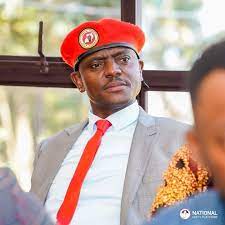During the parliamentary caucus of the National Resistance Movement (NRM) MPs, President Yoweri Museveni advocated for the support of a comprehensive merger of over 30 government agencies. The President highlighted that this strategic initiative could yield substantial annual savings of at least Shs1 trillion ($262 million) for the nation.
Emphasizing the paramount importance of making informed decisions, President Museveni underscored that the entire government structure should align with the objective of supporting wealth creators, who play a vital role in the country’s development. He articulated the significance of enabling families, companies, and individuals to produce and sell goods and services with “ekibaro” as the source of wealth.
The proposed plan entails the reintegration of the functions of 33 agencies into their respective ministries, the consolidation of 63 agencies, and the retention of only 61 across various sectors.
Opposing the merger, Member of Parliament for Ntenjeru South, Patrick Nsanja, argued that the consolidation of agencies into government ministries could hinder the effective delivery of services to the grassroots due to bureaucratic challenges in ministries. However, in an interview with The Prism News Ug, Nsanja contended that the existing government agencies and services are no longer effectively accessible to the public. He attributed this to the failure of power reaching communities and asserted that the core issue lies not in the heavy expenditure of these agencies but in addressing corruption, which results in significant fund losses.
Nsanja proposed that instead of laying off workers, the government should focus on implementing measures to curb corruption, utilizing the saved funds to pay agency employees. He expressed concerns about the potential delay in the payment of gratuity to laid-off workers, leading to their prolonged suffering.
However, Dokolo South MP Felix Okot Ogong stated that this rationalization is addressing redundancy. People have been redundant, with the Ministry of Transport and UNRA both carrying out similar tasks.















